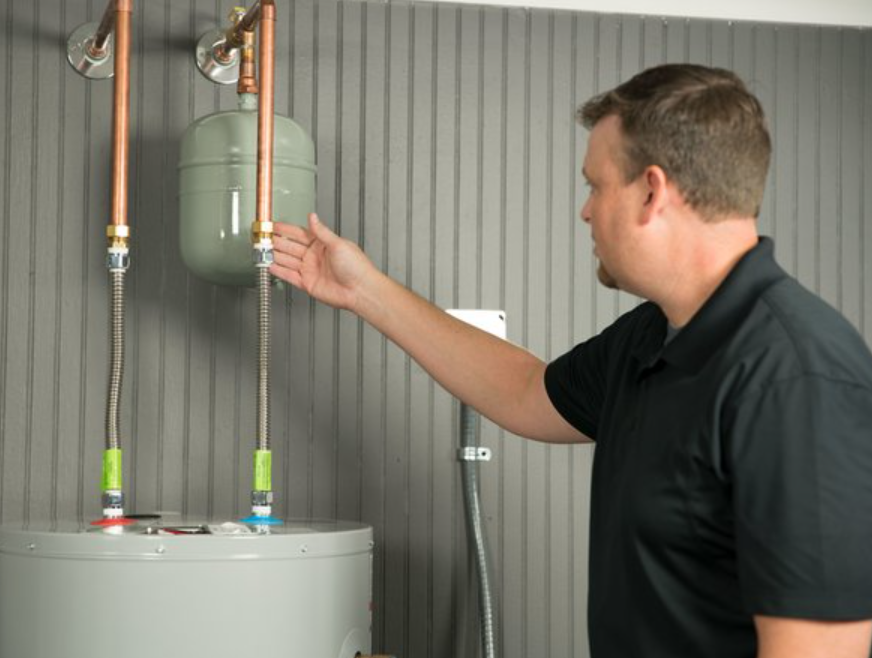At some point in their lifespan, all water heaters must be replaced. No matter whether it’s a traditional storage tank or tankless model, their ability to function may dwindle due to age and use. When your water heater has reached the end of its useful lifespan, repairing it may no longer make economic sense. Replacement could be more cost-effective.
Here are some things to consider before having your unit replaced.
Thinking about swapping out your water heater? If you want to learn more about what model to choose, check out this article.
Table of Contents
Energy efficiency considerations
When selecting a new water heater, energy efficiency should be at the forefront of your decision-making process.
Modern water heaters come with Energy Star ratings that can help you understand their energy consumption. A more efficient unit may cost more upfront, but the long-term savings on your utility bills can be substantial.
Additionally, some energy-efficient models qualify for rebates or tax incentives, which can help offset the initial investment.
Make sure to research the most efficient models within your budget and review the potential savings over time.
Size and capacity
Before purchasing a new water heater, you need to determine the appropriate size and capacity for your household. A unit that is too small may struggle to meet your hot water demands, while one that is too large can end up wasting energy.
To help determine the right size and capacity, think about the number of people in your household, their habits of using hot water, and the water temperature in your area.
It’s also important to note that tankless models require a higher flow rate and may not be suitable for homes with low water pressure.
Type of fuel
Water heaters can run on different types of fuel, such as electricity, natural gas, or propane. The type of fuel will impact both the upfront cost and the operating costs of your unit.
Electric water heaters tend to be cheaper upfront, but they can be more expensive to operate in the long run. Natural gas or propane models may have a higher initial cost, but their lower operating costs can make them more economical over time.
Consider which type of fuel is most readily available in your area and compare prices before making a decision.
Maintenance requirements
All water heaters require regular maintenance to ensure longevity and optimal performance. However, different types of units may have varying maintenance needs.
Traditional storage tank models should be flushed regularly to remove sediment buildup and prevent corrosion. Tankless models may also require periodic flushing but tend to have fewer maintenance needs overall.
Before making a purchase, research the maintenance requirements of different models and make sure you are prepared to keep up with them.
Installation costs
The cost of installation should also be taken into consideration when replacing your water heater. This can vary depending on the type of unit, its location in your home, and any necessary upgrades to meet building codes.
In some cases, switching from one type of water heater to another may require additional plumbing work, which can add to the installation costs.
Obtain quotes from multiple contractors and compare them to determine the most cost-effective option for your budget.
Warranty and lifespan
Lastly, consider the warranty and expected lifespan of the water heater you are considering. A longer warranty period can provide peace of mind and save you money on repairs or replacements in the future.
Different types of water heaters also have varying lifespans, with tankless models typically lasting longer than traditional storage tank units.
Be sure to factor in the warranty and expected lifespan when making your decision, as this can impact the overall cost-effectiveness of your chosen unit.
Replacement can be worth it
Replacing a water heater is a significant investment that requires careful consideration. By keeping these factors in mind, you can make an informed decision that will provide you with reliable and efficient hot water for years to come.
Remember to also consult with a trusted plumber or contractor for their professional advice before making any final decisions.











